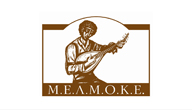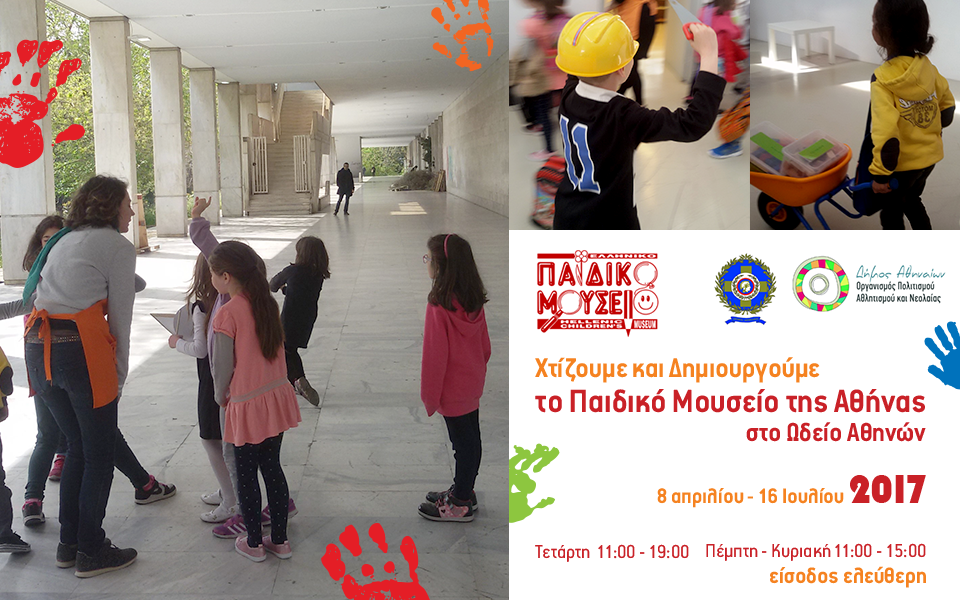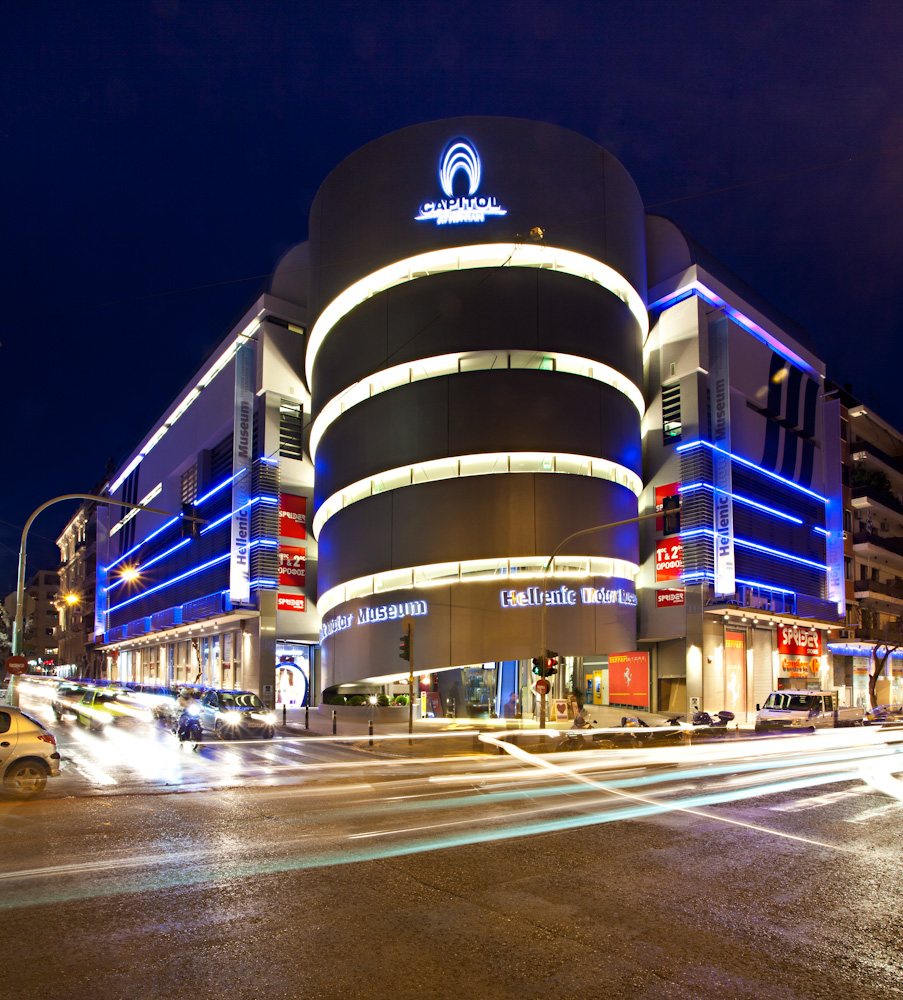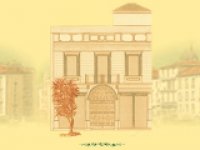

“MELMOKE” comprises the collection of about 1200 Greek popular musical instruments dating from the 18th century to the present day, the fruit of a half century of research and study by the musicologist Fivos Anoyanakis. “MELMOKE” was established and functions since June 1991 as public entity supported by the Greek Ministry of Culture.
The Museum is accommodated in an old Athenian mansion built in 1842 by the general Yiorgos Lassanis (hero of the War of the Greek Independence) in the Plaka district of Athens, beside the Roman market -place. Since 2018, it is a Special Regional Service of the Ministry of Culture and Sports and consequently one of the public museums in the country.
The musical instruments have been selected on the criterion not only of their aesthetic and decorative value but, in particular, of their ethnological and musicological interest. The permanent exhibition is spread over three floors and divided into four sections, corresponding to the groups of musical instruments recognized in ethnomusicology and determined by the material that is made to vibrate in order to produce sound, namely: Aerophones, Membranophones, Chordophones, Idiophones and Sound-producers.
The display is arranged according to instrumental types, accompanied by explanatory labels in two languages (Greek and English). Earphones beside the show – cases enable the visitor to listen to musical examples of the sound, musical range, playing techniques and combinations of the displayed instruments.
The main building contains, apart from the exhibition space, the reception area, the Director’s office, the secretariat and the library of the Museum (also donated by Fivos Anoyanakis). The second building is converted into an annex that now houses: the Research Centre and the archives and storerooms, a hall for lectures, educational programs and seminars, the Museum shop. In the garden of the Museum are given recitals of Greek traditional music.
The objects of the Museum and Research Centre, as stated in the foundation charter, are as follows:
1) The collection, maintenance, and display of popular musical instruments and generally of any material contributing to the research, study and furtherance of Greek musical tradition.
2) The promotion of research and study in connection with ethnomusicological subjects, in addition to the identification and dissemination of traditional music.
3) The preservation, study, projection and dissemination by all available means of Greek folk and Byzantine musical tradition, both in Greece and abroad.
The main aim of the Museum of Greek Popular Musical Instruments is the safeguarding of traditional heritage and its distribution through various activities addressed at adults as well as our younger friends.
Two parallel educational programs, one being held in the museum’s exhibition space and the other in the lecture room are organized daily. The first one is titled “Let us get to know the Greek folk instruments” which refers to older children and the other “When the flute sounds history will begin” refers to the younger ones.
The second educational program “Bells, bells, magical sounds, music and useful” focuses on the bells and their usage.
The Museum provides the teachers with information material and suggestions which will be the start for a better approach of our tradition. In Museum are delivered daily courses of musical instruments and traditional song.























.jpg)




.jpg)






